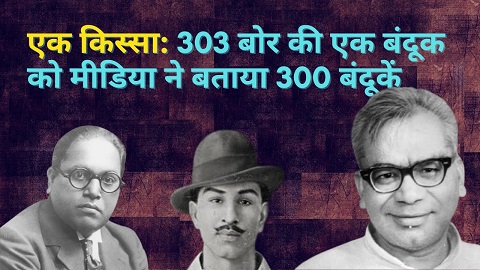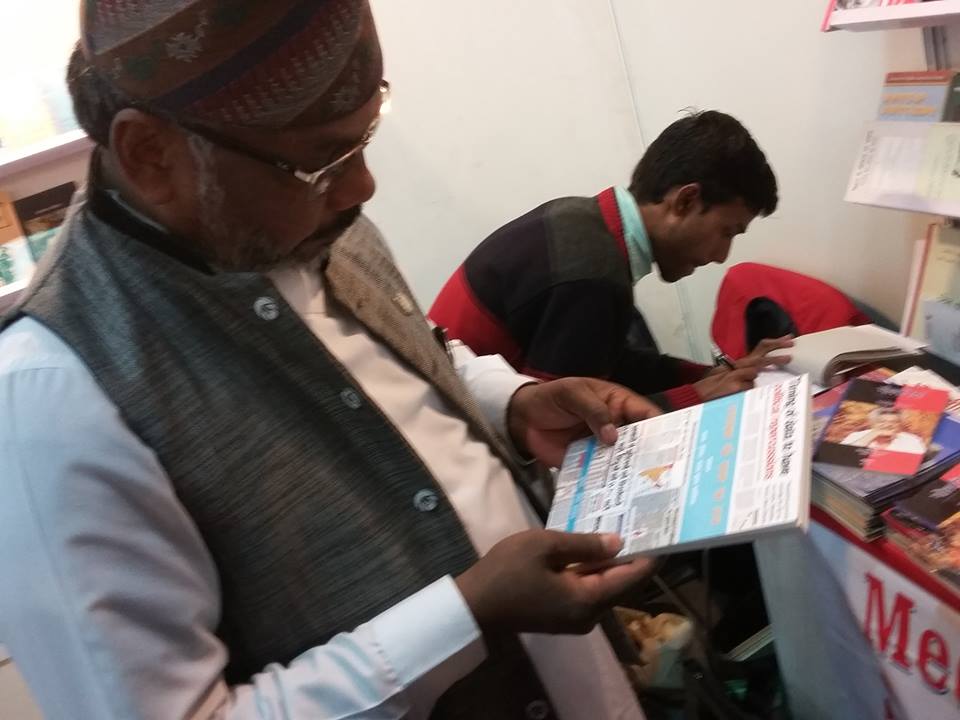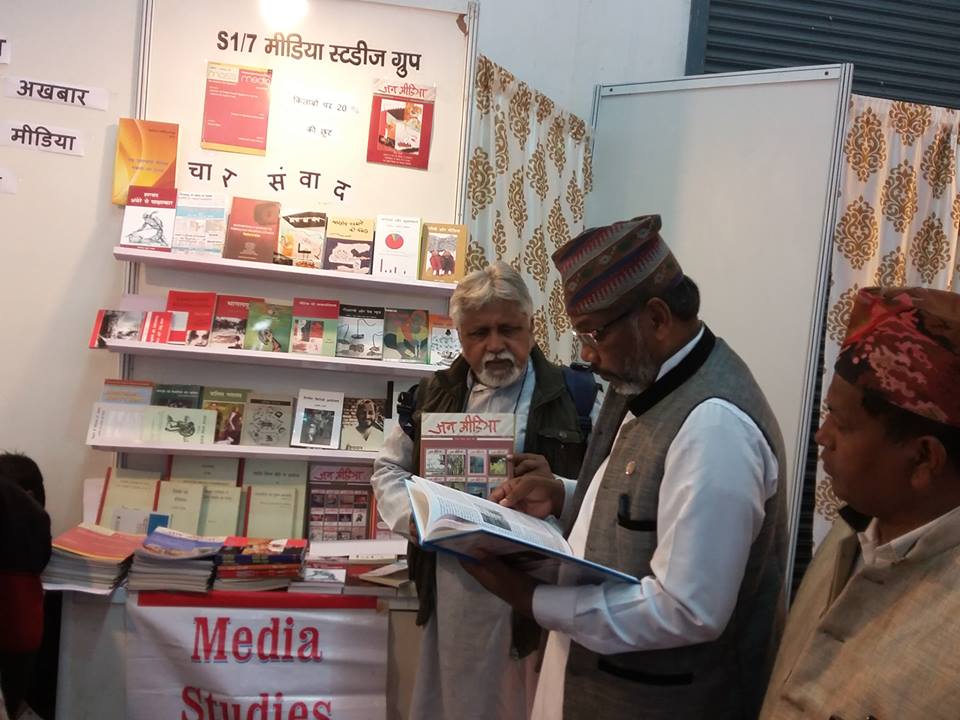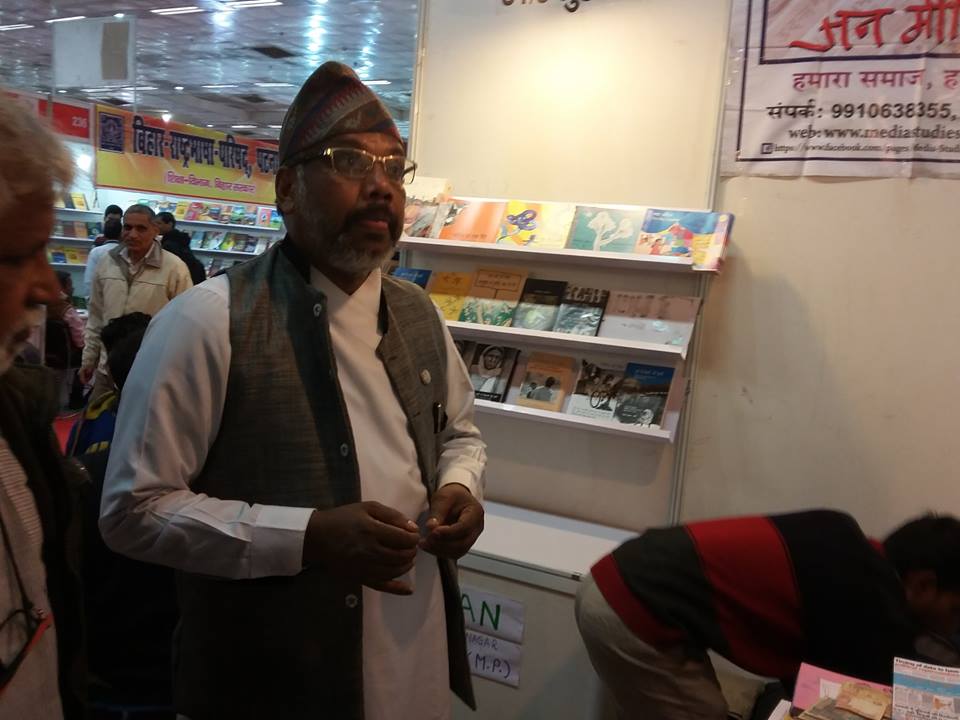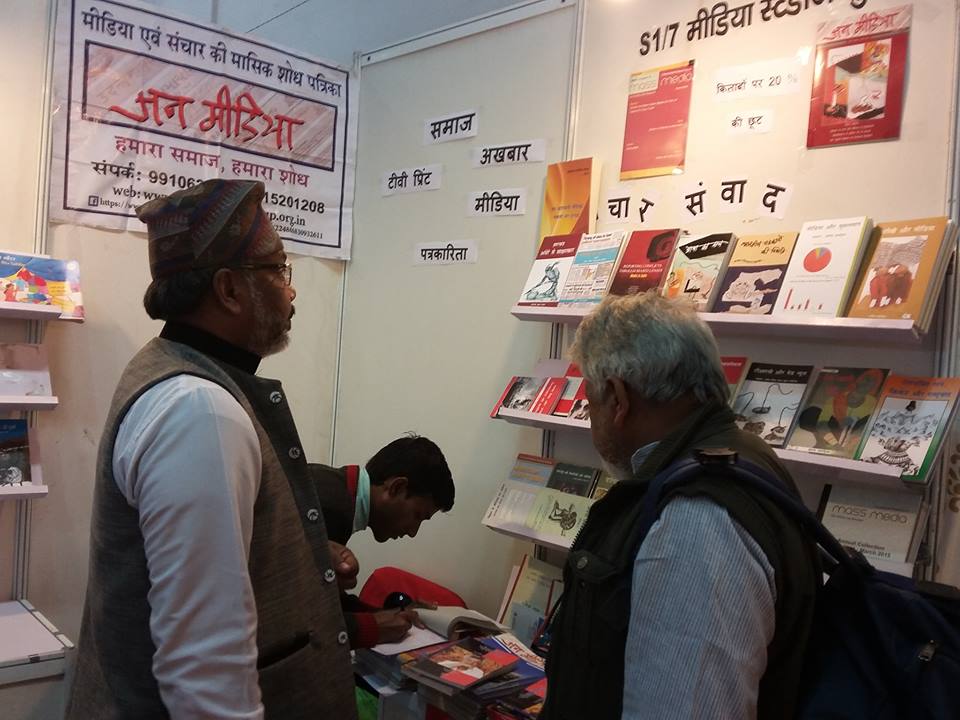Paromita Das (Assistant Professor) and Nandini Deb (PhD Scholar)
Controversial content in the movies and their treatment
DISCUSSION
The two movies that have been taken up for the current study have controversial content of various nature, be it in the way of explicit sexual content or religious and political views. Among the three movies,Chandraprakash Dwivedi’s“MohallaAssi”, starring Sunny Deol, SakshiTanwar and Ravi Kishanwas banned by the Censor Board. Loosely based on the well-known novel “Kashi ka Assi” by Hindi litterateur Dr. Kashinath Singh, “MohallaAssi” is a sarcastic evaluation on the touristic commercialization of the Holy city of Varanasi. But even before the film could be submitted for Censor Board evaluation, various scenes along with the crass language were leaked online. The film was initially delayed for three years and finally, it was banned by the Censor Board considering the fact that the explicit content may cause emotional unrest among Indian audiences. The movie has criticized extreme right-wing politics of the then period. It has brought about the intricate details of the foreign tourists who come to Varanasi and also explains that even though the residents do not like them, they have to tolerate them because of money. The movie opens with scenes that describe the uniqueness of the Holy city of Varanasi, with explicit references to the presiding God, Lord Shiva. Sexual innuendos and crass language are abundant in the film. The extremely abusive hindi term “Bhosri-ke” is equated with the chant “HarHarMahadev” in the trailer. Even when Lord Shiva appears in dream, he is shown to be using the same abusive term. When SakshiTanwar’s neighbor, a woman, with whom she gossips, says that the tenant at her home says “Bohotgarmi hay” Sakshiasks “Kaha, Varanasimey?” the lady replies, “Nahi, dono tango ke beech mein (between the legs)”.Sunny Deol plays the role of a priest who tries to keep himself and his family away from the immoral activities going on in Varanasi. The right wing political issues are also shown in the riots in which Sunny Deol injures himself. The film was thus denied a censor certificate and banned.
MilapZaveri’s “Mastizaade”, starring Sunny Leone, TussharKapoor, Veera Das, was released on 29th January, 2016, is an Indian sex comedy. The movie’s trailer opens with the following words, “This horny season, rub it, spank it and blow it” The movie is thus full of sexual implications. The movie is about twin sisters, Lily Lele and LailaLele, both played by Sunny Leone, who organize a centre for the treatment of sex addicts. TussharKapoor (Sunny Kele) and Veera Das (AdityaChotia) are two sex addicts for whom ‘masti’ (enjoyment) is the most important theme of life. They join the centre and both of them fall in love with the sisters. The story thus, revolves around various twits and chaos in their lives. Various words with dual meaning such as “lena(taking)” and “dena(giving)”, “khada hay(stand)”, “Baitha hay(droop)” find abundance in the movie. Even the names of the characters also suggest sexual depiction. Coins leap up and land on unmentionable body parts. Suresh Menon plays the role of a gay caricature, bits his lips and gives a very foolish hint to the movie. The movie does everything apart from making us, audience, laugh. The movie has brought about distaste in its complete sense. Nudity and naïve sense of humour is what the movie is replete of. Though the movie was initially denied a censor certificate, it was finally passed by the Censor Board with an “A” rating, without even cutting a single scene.
CONCLUSION
The movies taken up for the study have equal amount of polluted content. All are replete with sexual innuendos and nudity. All the movies have exercised their freedom of expression and artistic freedom in their own way. There is more than the fair share of crass language and double meaning words. The only difference among the movies is that in “MohallaAssi”, religion plays a vital role as the story revolves around Varanasi and involves Lord Shiva. A little political association can also be attached to the movie with it’scriticism of right wing politics. “Mastizaade” is just anadult comedy movie with sexual content and funny chaos and twists. As we know that religion is a very sensitive area and exploring that area in such a funny way, as has been done in MohallaAssi, may bring about the fury of people. If the bigger picture is considered, then it can be said that these type of movies bring out the question that whether certain scenes like Lord Shiva coming in the dream and uttering crass words are required. Whether there could not be any other effective way of showing that. Though all of us want to be free and think free, don’t we sometimes censor ourselves from saying certain things that go on in our mind? “Mastizaade” was not banned and was released without any cuts. That does show a difference of attitude by the Censor Board and it may be due to the absence of any religious or political content.
The researcher thus believes that artistic freedom is not questioned until it reaches a certain parameter. It also depends on person to person how they perceive a particular scene. Something that might offend one person may not bother someone else. It is thus the maturity of the audience that comes to be questioned here. The audience to whom the film is finally addressed needs to understand that there are certain aspects that cannot go unquestioned for life. Sometimes certain movies are banned due to “fear of the mob”. There are also certain laws that make it extremely difficult to release movies with religious content apart from “reasonable restrictions”, Section 295(A) of the IndianPenal Code makes it a criminal act to “outrage religiousfeelings” with malicious intent and Section 153(A) outlaws“promoting enmity between different groups on groundsof religion, race, place of birth, residence, language,etc., and doing acts prejudicial to maintenance ofharmony”. Thus with the presence of these laws, it becomes extremely difficult to consider movies like “MohallaAssi”. India being a country of diverse groups, there is unity in diversity but this unity come with the sacrifice of certain aspects, in this case, maintaining harmony by silencing extreme religious criticism and caricature.


